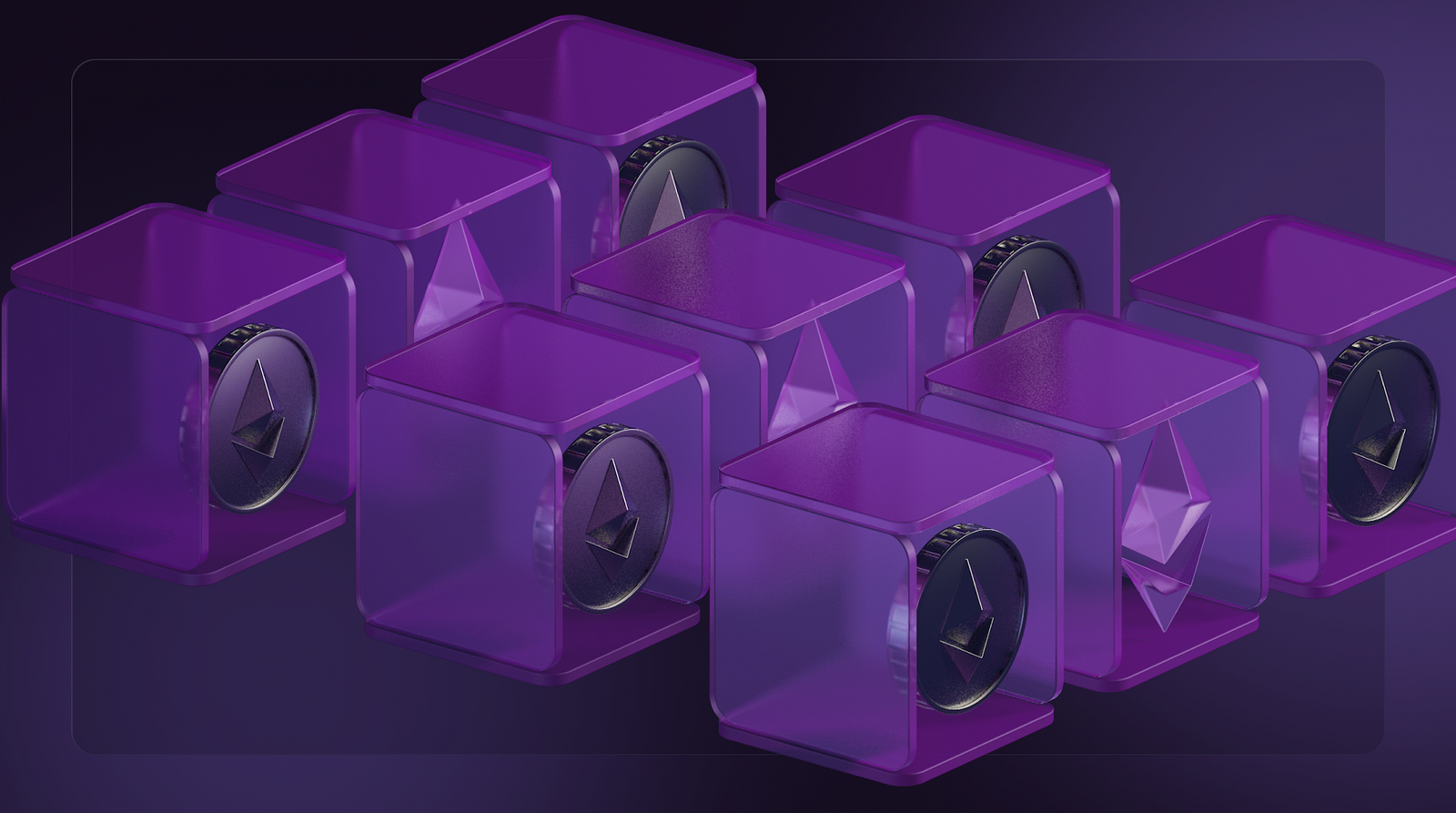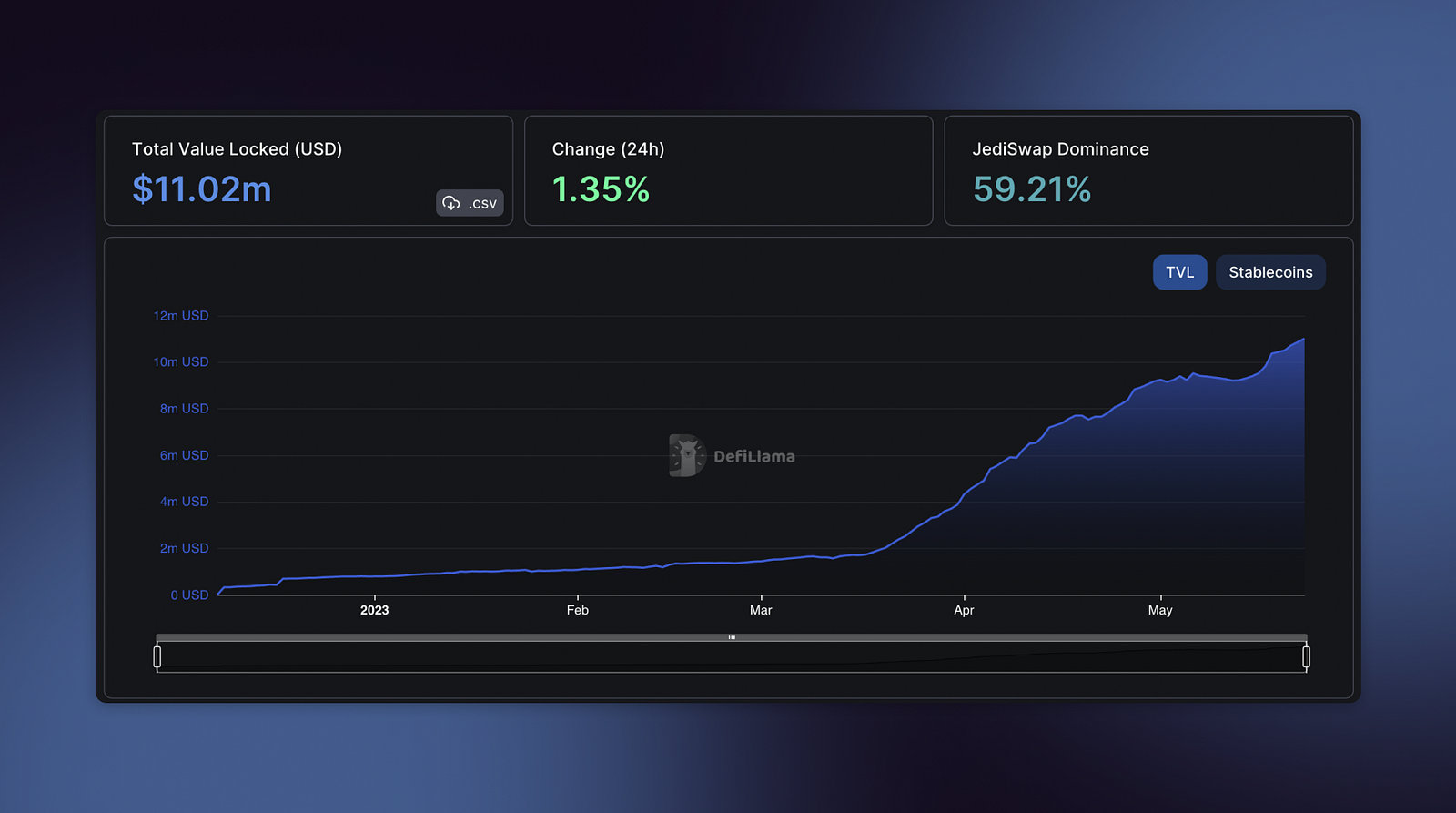ERC4337 Core Devs call — #9
In a recent ERC4337 call, participants made significant strides in the development of ERC-4337 and its implementations.
The Etherspot team is actively working on the gossipsub implementation and has initiated a Hive simulation for the bundler p2p interface. Additionally, the Infinitism8 team is exploring a new Paymaster in collaboration with the Circle team, which will bring exciting possibilities for user transactions.
An agreement was reached among participants to ensure bundlers are compatible with UserOp.js, providing a unified experience. Discussions on alternate mempools and fanout issues are ongoing, with an upcoming p2p spec update addressing these concerns.
For those interested in the full discussion, a video recording is available at the following link: ERC4337 Core Devs call — Meeting #9
Since we are talking about bundlers, we wanted to ask if any of our readers would be willing to extend support for the libp2p implementation in Python?
Please find the details in the Tweet:
Visa tests ERC-20 token payments
Visa explores Ethereum’s Account Abstraction to revamp gas fees and enhance crypto payments. They successfully implemented Paymaster contracts on the Ethereum Goerli testnet, allowing direct ownership of smart contract accounts through ERC-4337.
Visa’s cryptocurrency head, Guy Sheffield, announced the deployment of their inaugural paymaster smart contract on Twitter.
According to the report, the experiments demonstrated the ability to pay gas fees with ERC-20 tokens and fully cover transaction costs. This development aligns with Visa’s interest in AA and their previous adoption of the USDC stablecoin for settlements on Ethereum.
The company is set to simplify user interactions by eliminating the need to hold ETH for fees and enabling payments with various tokens. The experiments showcase their commitment to research and innovation, with the potential for significant growth in the crypto ecosystem.
Keystone and UniPass merge for Web3 simplification
UniPass, a smart contract wallet provider, and Keystone, a hardware wallet, have joined forces to create Account Labs. This merger aims to revolutionize the Web3 space by democratizing access to Web3 products through innovative Account Abstraction solutions.
By combining their expertise in cryptography research, software engineering, and security protection, Account Labs seeks to accelerate the widespread adoption of blockchain technology.
Account Labs will operate at the intersection of usability and security, offering a comprehensive solution to decentralized account management.
The company plans to release the third-generation Keystone hardware wallet next year and upgrade the UniPass product architecture within the next three months. The merger has garnered strong support from original investors, highlighting the industry’s confidence in Account Labs’ vision.
By bridging the gap between usability and security, Account Labs aims to safeguard Web3 account security, making the transition from Web2 to Web3 effortless for users.

An alternative proposal for AA
The Ethereum community is exploring alternative implementations of account abstraction in response to concerns about the efficiency of ERC-4337.
Developers on the Ethereum Research Forum, operating under the name Xtreamly, have proposed a new Ethereum Improvement Proposal (EIP) that aims to enable stateless account abstraction at the protocol layer.
The proposal suggests a system where accounts can operate without relying on the entire blockchain’s state, potentially improving efficiency and scalability by reducing the blockchain’s size.
Xtreamly argues that current implementations, including ERC-4337, are not efficient enough and face challenges regarding failed transactions, security, transferability, state management, and execution bloat.
The proposed model incorporates “distributed vector commitments” using multiplexer polynomials and zk-SNARKs, offering efficient state updates without requiring knowledge of the entire state. The inclusion of Bloom Filters enables quick account existence checks.
Xtreamly claims that this approach, combined with client-side validation and caching, can enhance transaction processing times and improve Ethereum’s scalability.
Yoav Weiss’ comment on the alternative proposal for AA
Yoav Weiss, a security fellow at the Ethereum Foundation, has voiced criticism regarding the proposal in the “4337 Mafia” Telegram group.
He raised concerns about handling common use cases requiring mutability in the stateless AA model, such as key rotation or modifying an existing account. Weiss questions how replay protection can be achieved while remaining stateless and how the implementation of a stateless account can be updated.
He also highlights the challenge of maintaining transaction validity and avoiding denial-of-service attacks through mass invalidations in a stateless model.
Yoav furher requests an explanation of how a multisig account like Safe on Ethereum, with its current features, can be implemented using the proposed stateless model.

Uniswap’s perspective on AA
Uniswap, a leading decentralized exchange protocol, has recently published a thread highlighting the potential of Account Abstraction in driving mainstream adoption of cryptocurrencies.
While projects related to AA are still in their early stages, Uniswap expresses enthusiasm for this technology’s innovative possibilities and enhanced security benefits.
The company invites the community to share any interesting AA ideas they may have come across.

Starknet hits $10M TVL
Starknet, an Ethereum Layer-2 scaling solution aiming to enhance scalability and privacy for decentralized applications (dApps), has achieved a significant milestone. The total value locked (TVL) in smart contracts utilizing Starknet has surged to over $10 million, marking an impressive ten-fold increase since the beginning of March.
TVL serves as a crucial metric in decentralized finance (DeFi) to gauge the popularity and activity of a project.
Despite having a lower TVL than other protocols, JediSwap dominates Starknet’s TVL with over $6 million, representing more than 57% of the total TVL.
Other layer-2 platforms like Arbitrum and Optimism have TVLs of $2.4 billion and $884 million, respectively, driven by the adoption of DeFi heavyweights such as Uniswap, Aave, and Curve.
The growth of Starknet underscores the demand for scalable and privacy-focused solutions within the Ethereum ecosystem.

Worldcoin nears $100M funding
OpenAI’s CEO Sam Altman is nearing the completion of a $100 million funding round for Worldcoin, a cryptocurrency project that aims to establish a global identification system using iris scanning technology.
This large funding is a rare positive development for the crypto industry, which has faced significant challenges over the past year.
Worldcoin is currently in advanced discussions with new investors before its launch. The company’s previous investors include Khosla Ventures, Andreessen Horowitz’s crypto fund, FTX founder Sam Bankman-Fried, and internet entrepreneur Reid Hoffman.
As mentioned earlier, Worldcoin plans to utilize eye-scanning technology to create a universal identification system granting access to its global currency. Despite concerns about privacy and criticism of its biometric scanning, Worldcoin is preparing to roll out its blockchain protocol and record transactions within the next six weeks.

However, there is skepticism from leading developers in the Ethereum and Polygon communities.
A core Ethereum developer Hudson Jameson expressed concerns about Worldcoin’s plans, calling them “unrealistic and scary.” He pointed out several issues, including the lack of audit details, public plans to address socio-economic challenges, and a working group for expert discussions. Jameson also criticized Worldcoin’s tokenomics, with only 80% of coins allocated to the public.
Additionally, Ethereum core developer Tim Beiko questioned the project, suggesting that alternatives like “cheap + open access FaceID” could make Worldcoin obsolete.
The skepticism from these developers raises further doubts about the potential success of Worldcoin.
Subscribe to Etherspot’s Everything About Account Abstraction Newsletter!
Start exploring Account Abstraction with Etherspot!
- Learn more about account abstraction here.
- Head to our docs and read all about the Etherspot SDK.
- For a plug & play integration, review the BUIDLer react component.
- Explore our TransactionKit, a React library for fast & simple Web3 development.
- Follow us on Twitter and join our Discord.
Is your dApp ready for Account Abstraction? Check it out here: https://eip1271.io/
Get In Touch:
Website | Twitter | Discord | Github | Telegram
Powered by Etherspot
BUIDLer React Component | TransactionKit | Etherspot Dashboard | Pillar Wallet | AirdropMe

